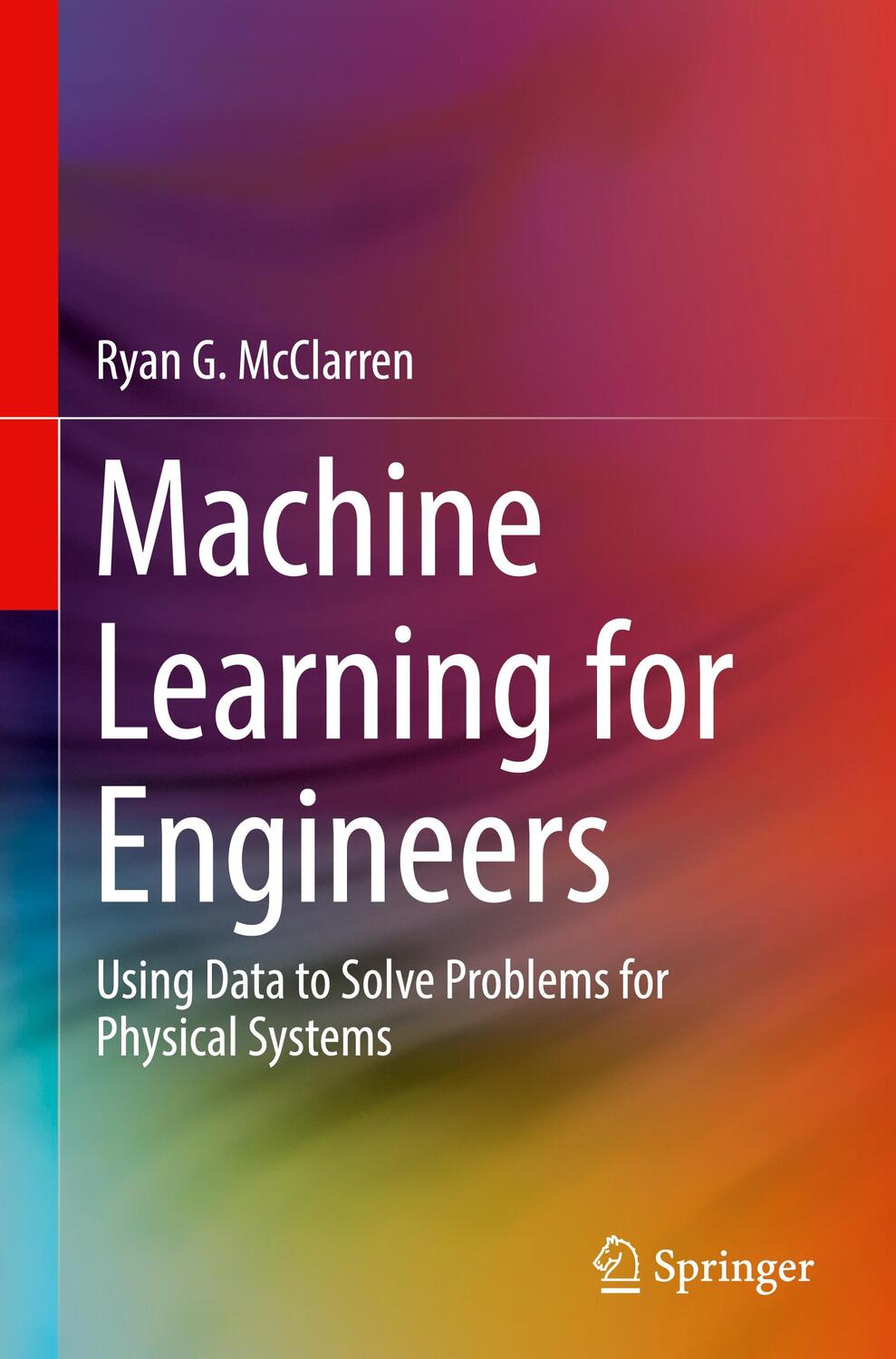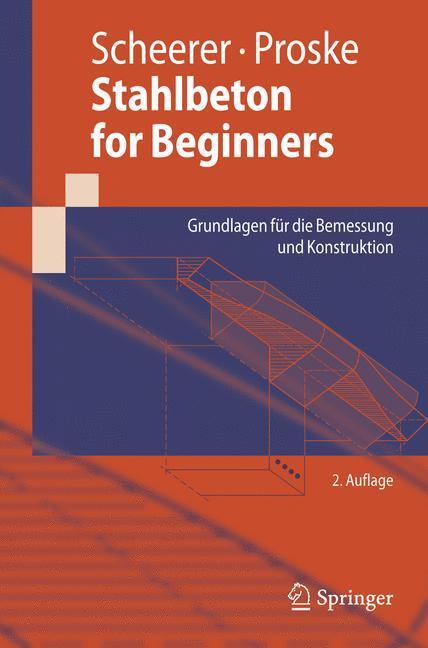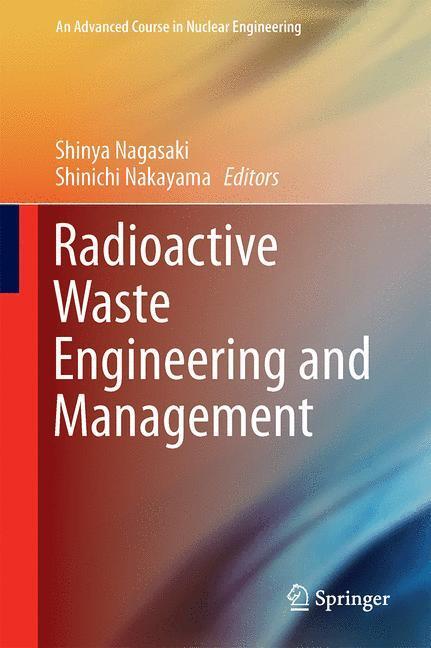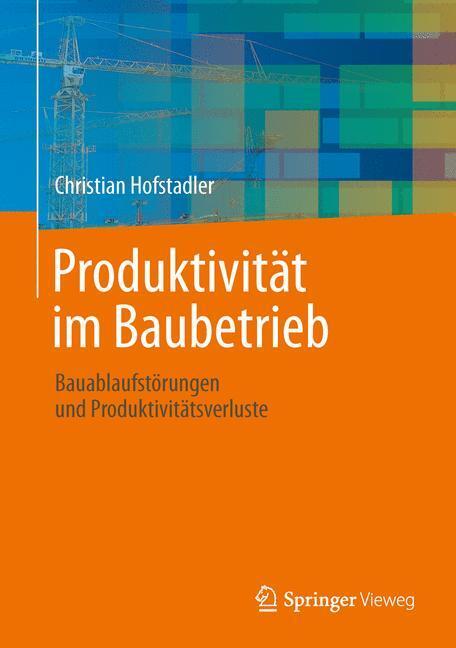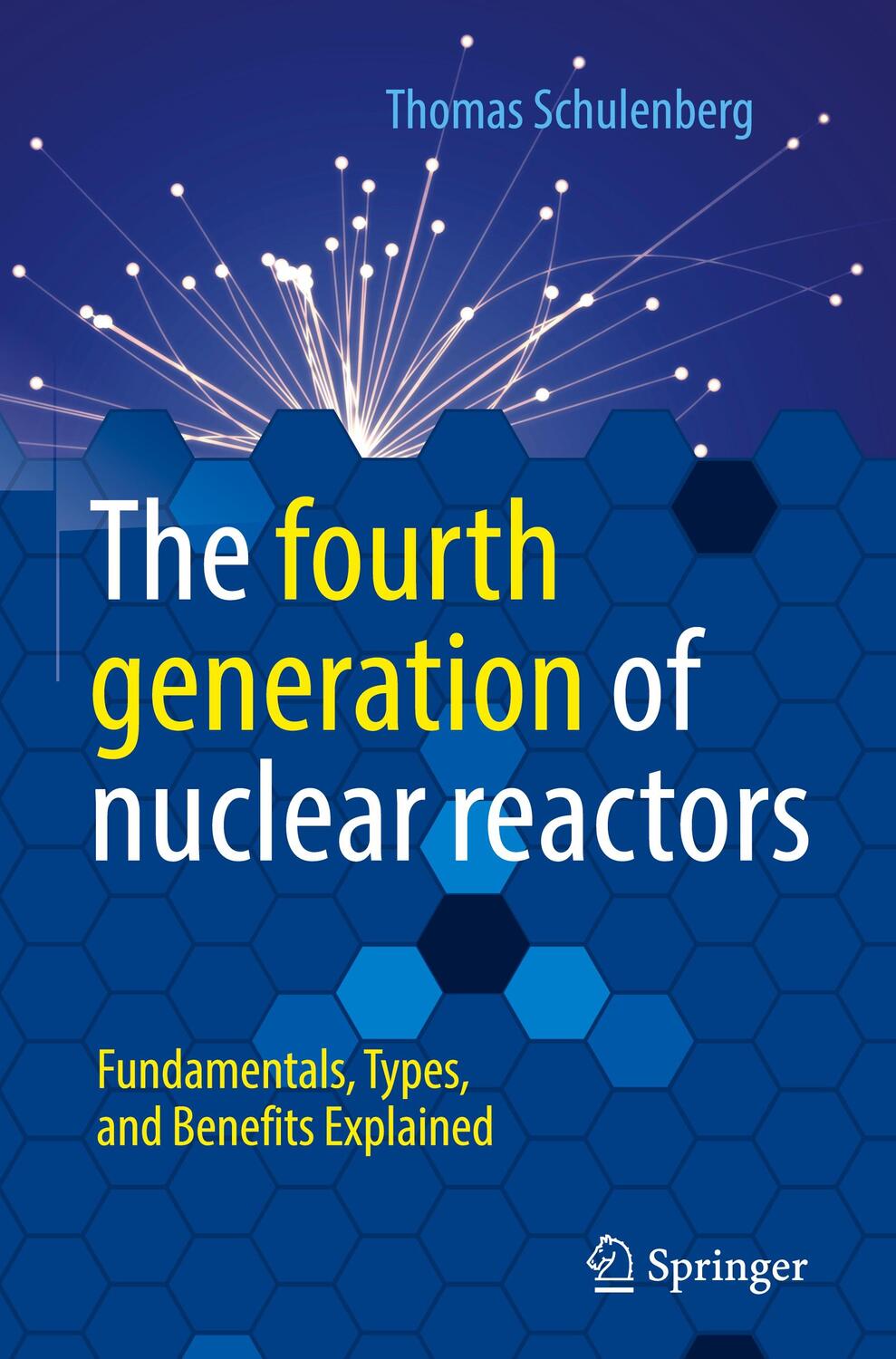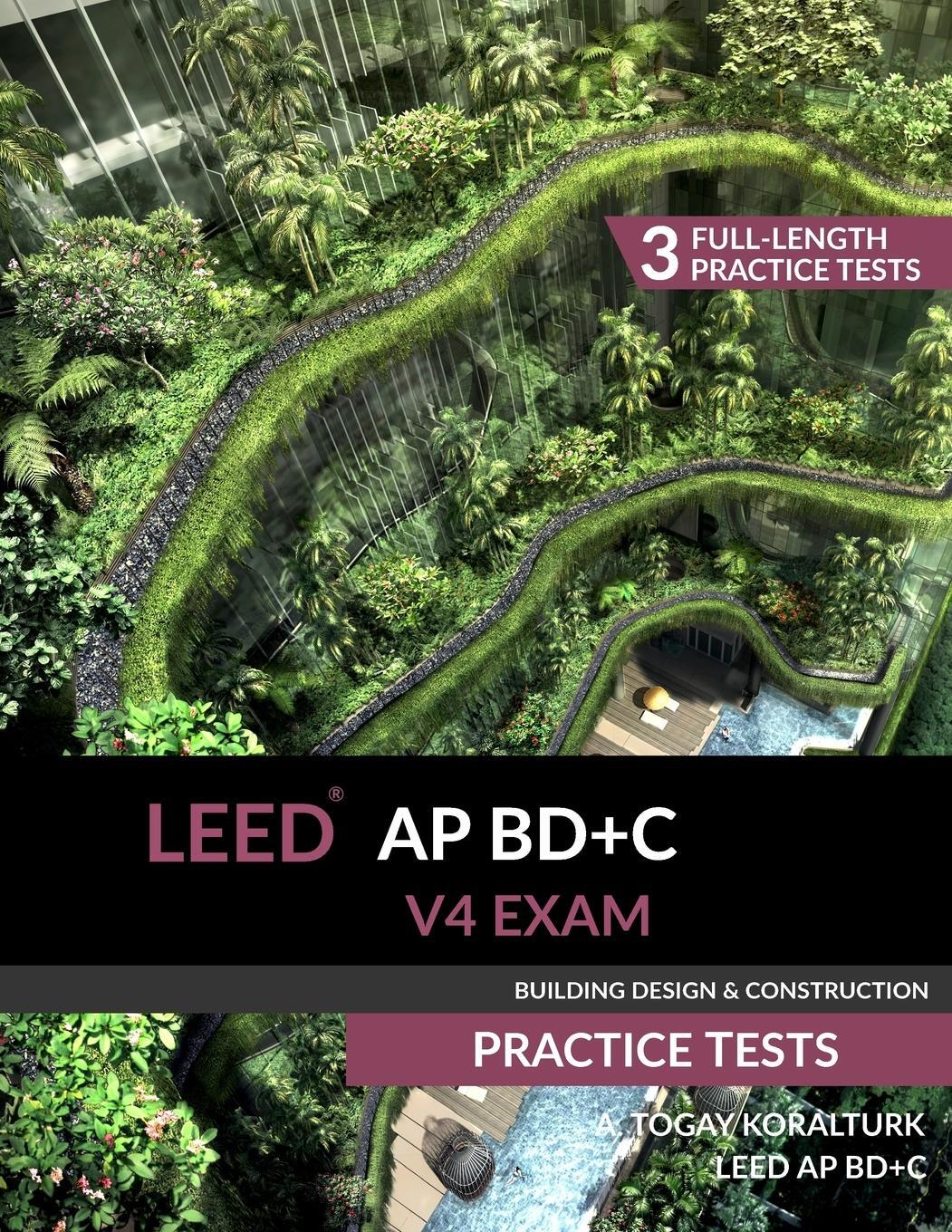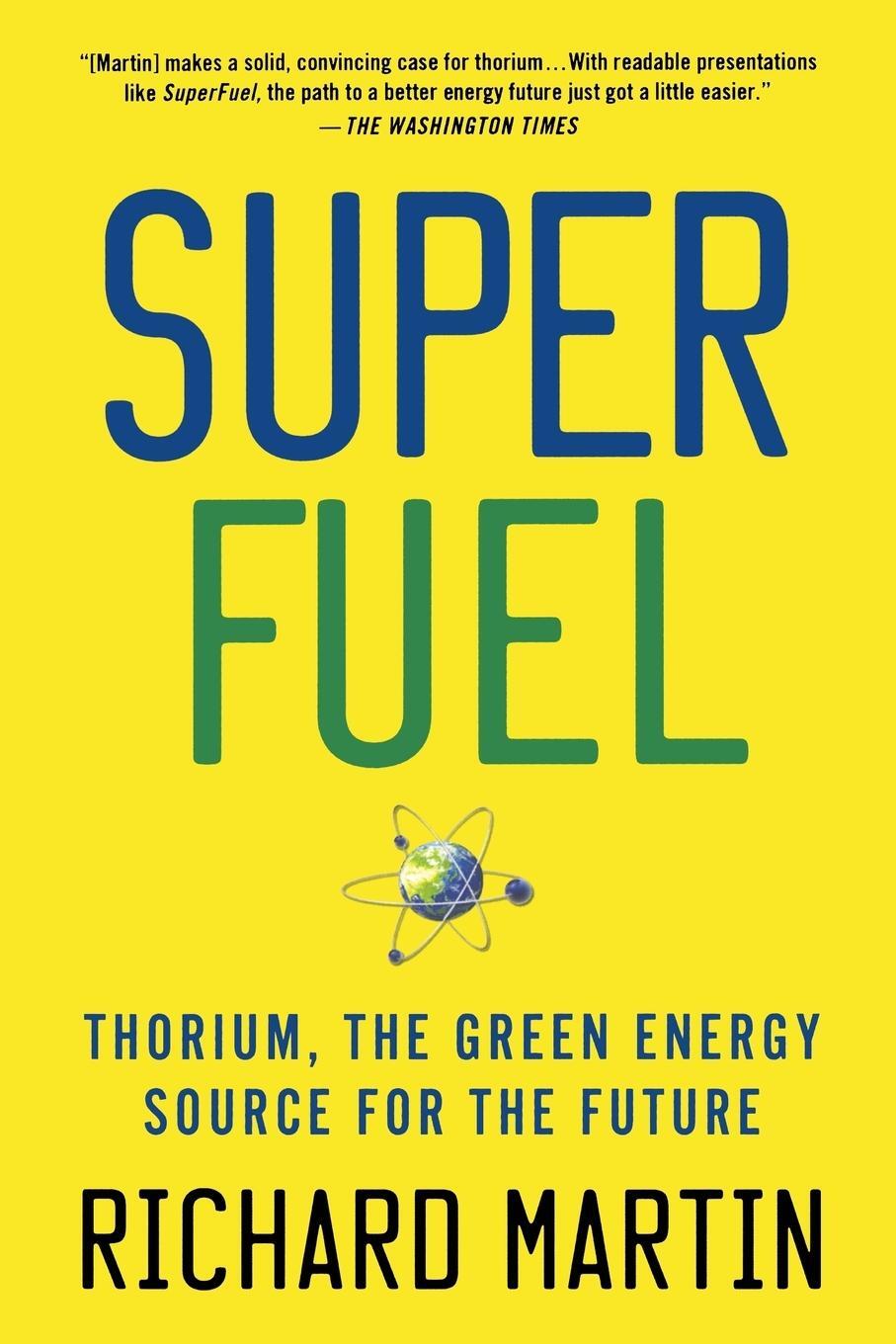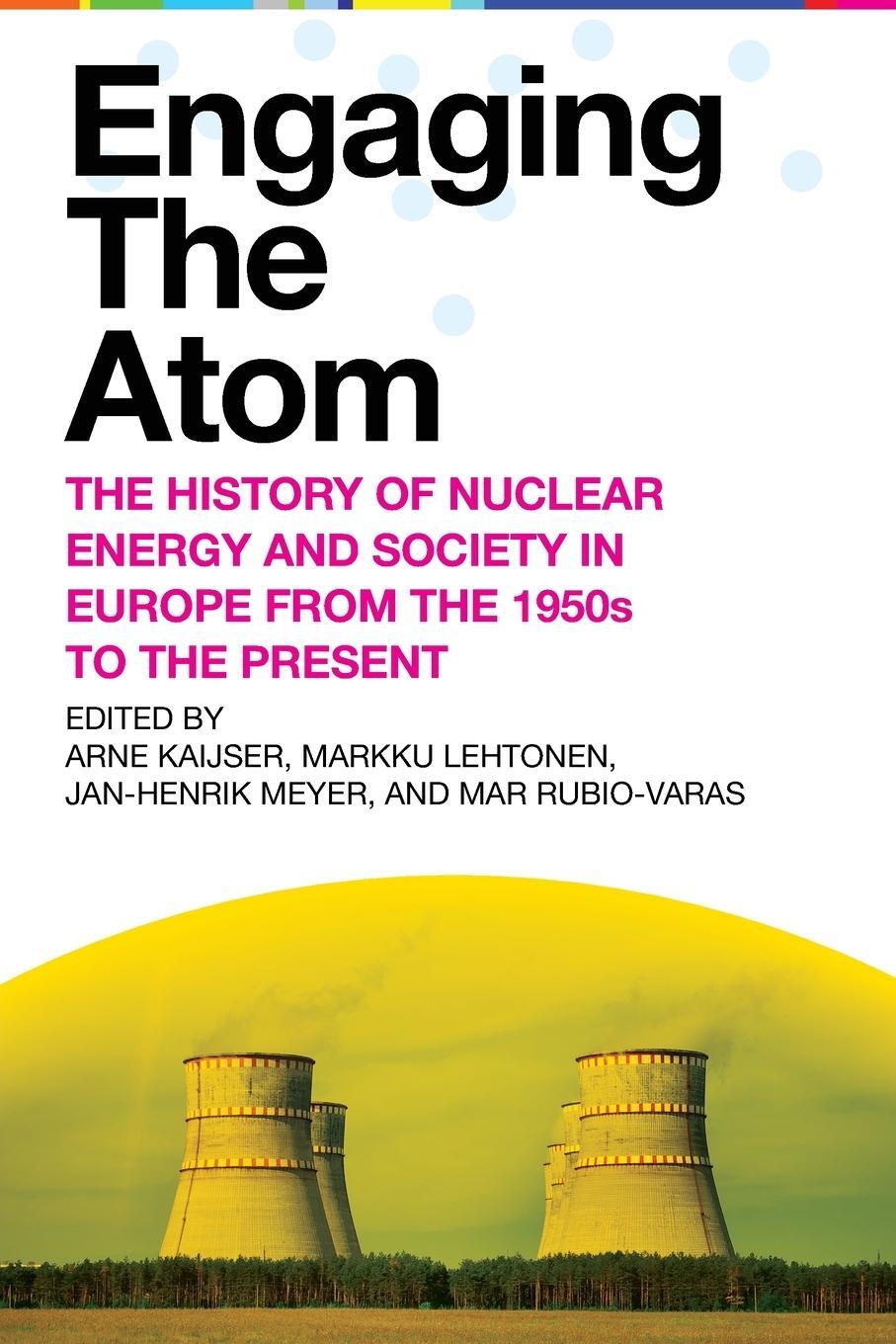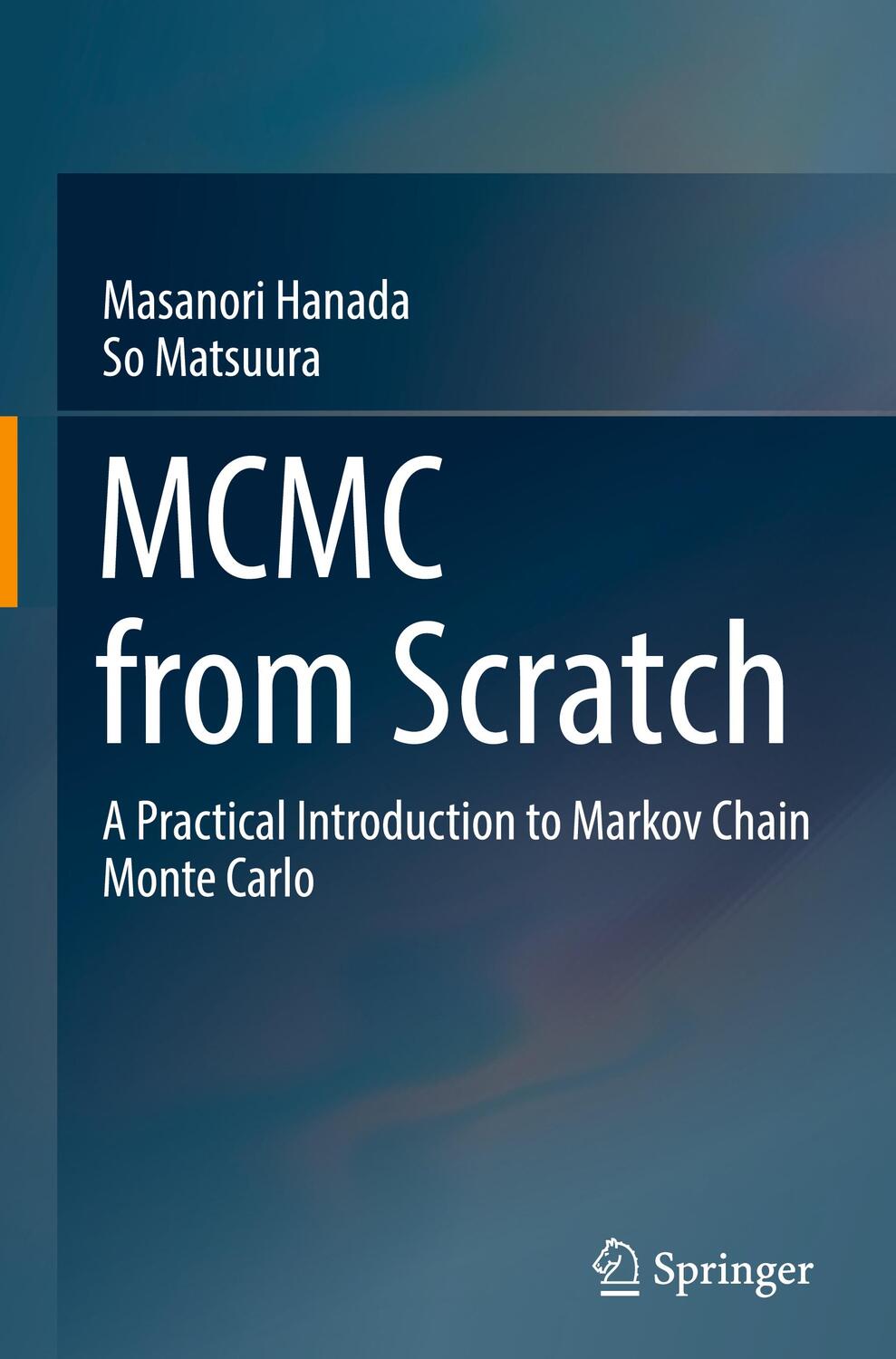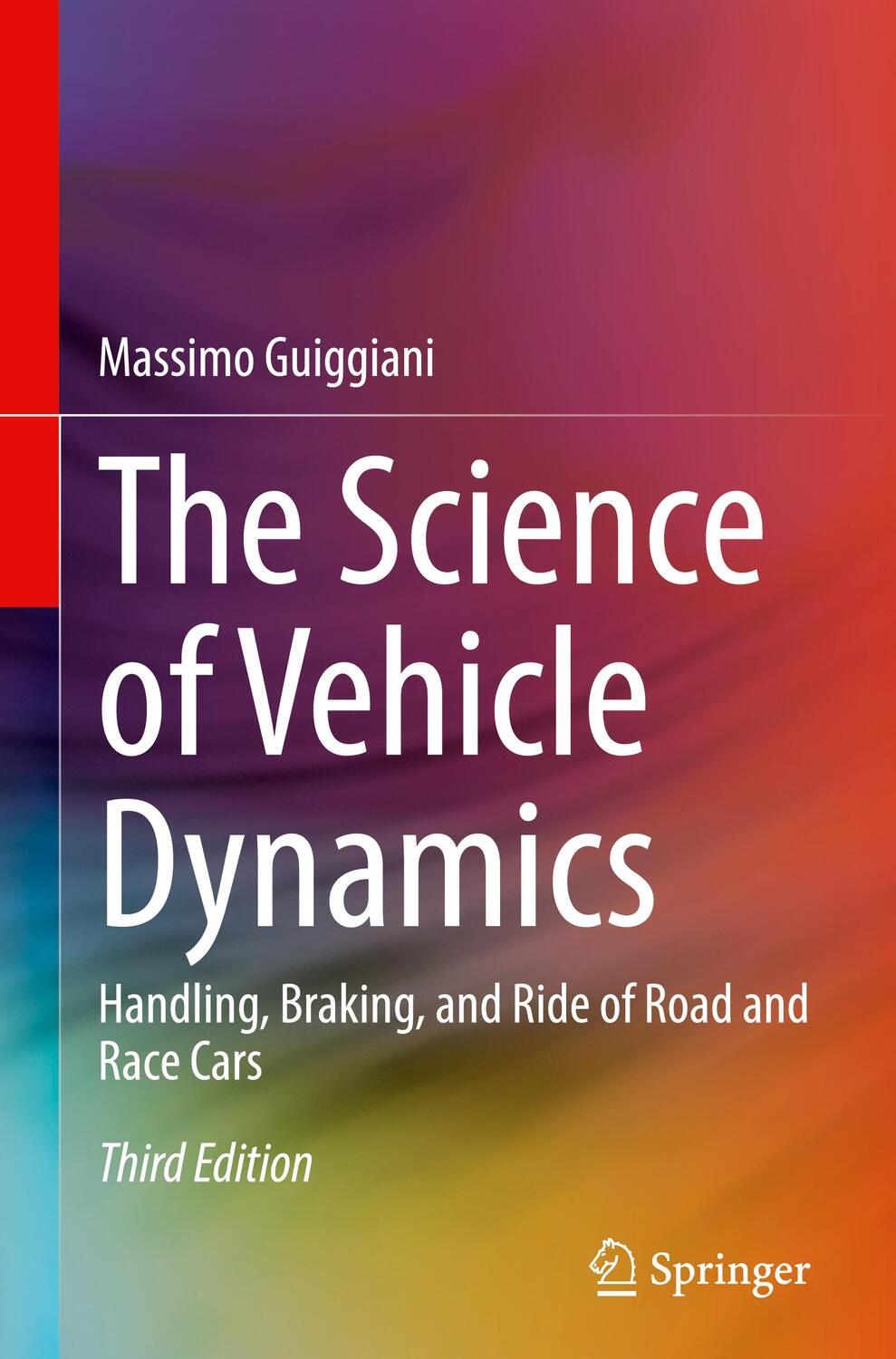85,95 €*
Versandkostenfrei per Post / DHL
Lieferzeit 1-2 Wochen
Ryan McClarren, Associate Professor of Aerospace and Mechanical Engineering at the University of Notre Dame, has applied machine learning to understand, analyze, and optimize engineering systems throughout his academic career. He has authored numerous publications in refereed journals on machine learning, uncertainty quantification, and numerical methods, as well as two scientific texts: Uncertainty Quantification and Predictive Computational Science: A Foundation for Physical Scientists and Engineers and Computational Nuclear Engineering and Radiological Science Using Python. A well-known member of the computational engineering community, Dr. McClarren has won research awards from NSF, DOE, and three national labs. Prior to joining Notre Dame in 2017, he was Assistant Professor of Nuclear Engineering at Texas A&M University, and previously a research scientist at Los Alamos National Laboratory in the Computational Physics and Methods group. While an undergraduate at the University of Michigan he won three awards for creative writing.
Illustrates concepts with examples and case studies drawn from engineering science
Presents detailed coverage of deep neural networks for practical applications in engineering science
Provides source code in Python for rapid application to a variety of physical systems' problems
Part I Fundamentals.- 1. Introduction.- 2. The landscape of machine learning.- 3. Linear models.- 4. Tree-based models.- 5. Clustering data.- Part II Deep Neural Networks.- 6. Feed-forward Neural networks.- 7.convolutional neural networks.- 8. Recurrent neural networks for time series data.- Part III Advanced topics in machine learning.- 9. Unsupervised learning with neural networks.- 10. Reinforcement learning.- 11. Transfer learning.- Part IV Appendixes.- Appendix A. Sci-Kit learn.- Appendix B. Tensorflow.
| Erscheinungsjahr: | 2021 |
|---|---|
| Fachbereich: | Technik allgemein |
| Genre: | Technik |
| Rubrik: | Naturwissenschaften & Technik |
| Medium: | Buch |
| Seiten: | 264 |
| Inhalt: |
xiii
247 S. 16 s/w Illustr. 90 farbige Illustr. 247 p. 106 illus. 90 illus. in color. With online files/update. |
| ISBN-13: | 9783030703875 |
| ISBN-10: | 3030703878 |
| Sprache: | Englisch |
| Ausstattung / Beilage: | HC runder Rücken kaschiert |
| Einband: | Gebunden |
| Autor: | McClarren, Ryan G. |
| Auflage: | 1st ed. 2021 |
| Hersteller: |
Springer International Publishing
Springer International Publishing AG |
| Maße: | 241 x 160 x 20 mm |
| Von/Mit: | Ryan G. McClarren |
| Erscheinungsdatum: | 22.09.2021 |
| Gewicht: | 0,565 kg |
Ryan McClarren, Associate Professor of Aerospace and Mechanical Engineering at the University of Notre Dame, has applied machine learning to understand, analyze, and optimize engineering systems throughout his academic career. He has authored numerous publications in refereed journals on machine learning, uncertainty quantification, and numerical methods, as well as two scientific texts: Uncertainty Quantification and Predictive Computational Science: A Foundation for Physical Scientists and Engineers and Computational Nuclear Engineering and Radiological Science Using Python. A well-known member of the computational engineering community, Dr. McClarren has won research awards from NSF, DOE, and three national labs. Prior to joining Notre Dame in 2017, he was Assistant Professor of Nuclear Engineering at Texas A&M University, and previously a research scientist at Los Alamos National Laboratory in the Computational Physics and Methods group. While an undergraduate at the University of Michigan he won three awards for creative writing.
Illustrates concepts with examples and case studies drawn from engineering science
Presents detailed coverage of deep neural networks for practical applications in engineering science
Provides source code in Python for rapid application to a variety of physical systems' problems
Part I Fundamentals.- 1. Introduction.- 2. The landscape of machine learning.- 3. Linear models.- 4. Tree-based models.- 5. Clustering data.- Part II Deep Neural Networks.- 6. Feed-forward Neural networks.- 7.convolutional neural networks.- 8. Recurrent neural networks for time series data.- Part III Advanced topics in machine learning.- 9. Unsupervised learning with neural networks.- 10. Reinforcement learning.- 11. Transfer learning.- Part IV Appendixes.- Appendix A. Sci-Kit learn.- Appendix B. Tensorflow.
| Erscheinungsjahr: | 2021 |
|---|---|
| Fachbereich: | Technik allgemein |
| Genre: | Technik |
| Rubrik: | Naturwissenschaften & Technik |
| Medium: | Buch |
| Seiten: | 264 |
| Inhalt: |
xiii
247 S. 16 s/w Illustr. 90 farbige Illustr. 247 p. 106 illus. 90 illus. in color. With online files/update. |
| ISBN-13: | 9783030703875 |
| ISBN-10: | 3030703878 |
| Sprache: | Englisch |
| Ausstattung / Beilage: | HC runder Rücken kaschiert |
| Einband: | Gebunden |
| Autor: | McClarren, Ryan G. |
| Auflage: | 1st ed. 2021 |
| Hersteller: |
Springer International Publishing
Springer International Publishing AG |
| Maße: | 241 x 160 x 20 mm |
| Von/Mit: | Ryan G. McClarren |
| Erscheinungsdatum: | 22.09.2021 |
| Gewicht: | 0,565 kg |

